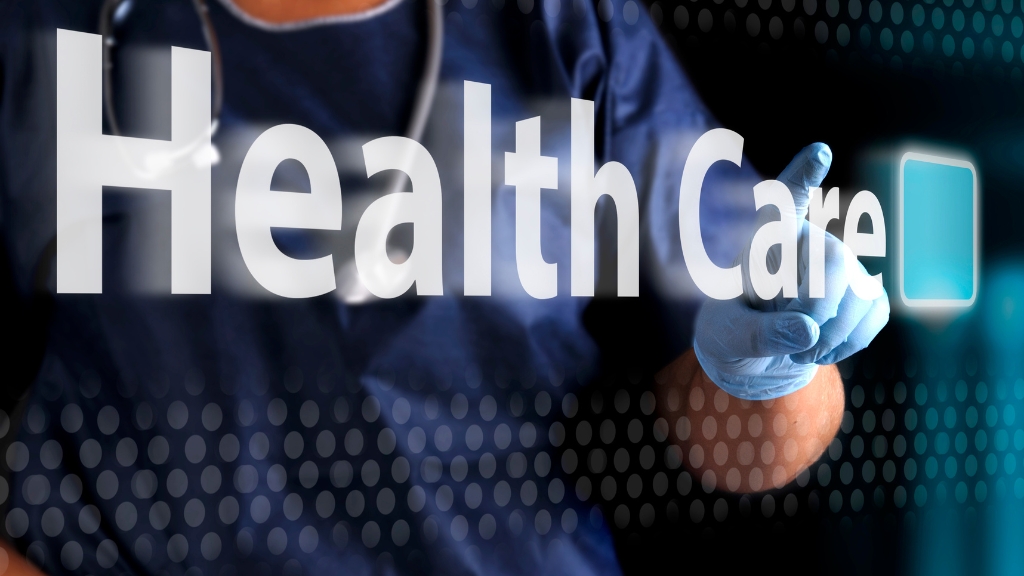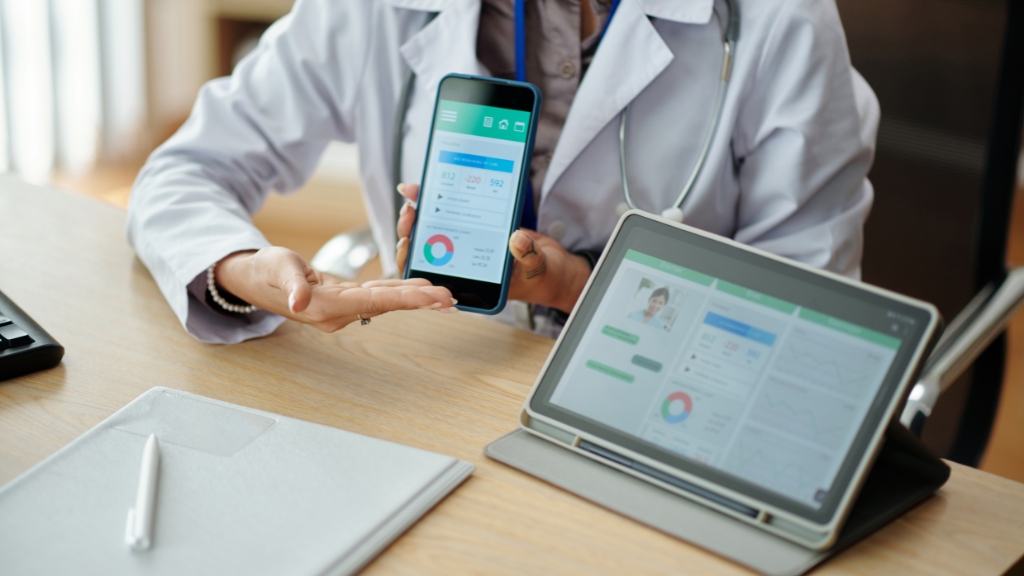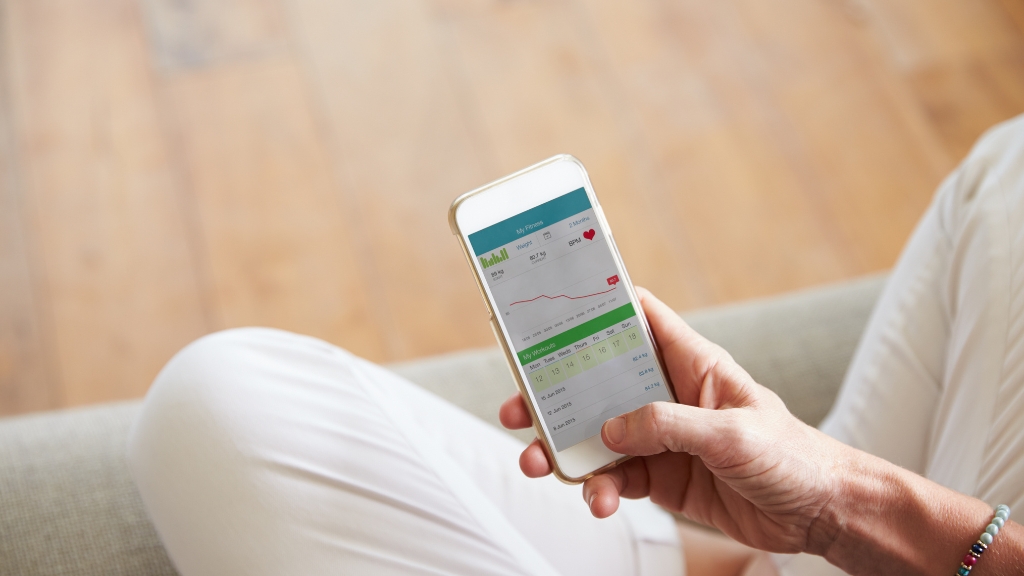
The Impact of Healthcare Apps on Rural and Remote Care Access
Healthcare apps have become transformative in enhancing healthcare access for rural and remote populations, where limited infrastructure and a shortage of medical professionals often pose significant challenges. By bringing digital health resources directly to individuals in these areas, healthcare apps are helping bridge gaps in care, improve outcomes, and make healthcare more equitable. Here’s an in-depth look at how healthcare apps impact rural and remote care access.
- Expanding Access to Specialists through Telemedicine
Healthcare apps with telemedicine features allow patients in rural areas to connect with medical specialists who may be hundreds of miles away. These apps facilitate virtual consultations, diagnoses, and even ongoing monitoring for patients with conditions requiring specialized care, such as cardiac or neurological issues. This reduces the need for costly and time-consuming travel, enabling patients to receive timely care that might otherwise be inaccessible.
- Improving Chronic Disease Management
For patients managing chronic conditions such as diabetes, heart disease, and respiratory issues, healthcare apps provide tools for self-monitoring, medication tracking, and symptom logging. Patients can track health metrics through these apps and share real-time data with their healthcare providers. This allows for more effective management of chronic conditions, with potential issues identified early, which can prevent hospitalizations and reduce overall healthcare costs.
- Health Education and Literacy
Healthcare apps also play a critical role in educating rural patients about preventive health, hygiene, nutrition, and other health-related topics. Many apps provide information in multiple languages and are designed to be user-friendly, making it easier for individuals to access and understand health information. This promotes health literacy, helping patients make informed choices about their health and fostering a culture of preventive care in communities with limited healthcare access.
- Mental Health Support and Counseling
Rural and remote areas often face a lack of mental health services, which can lead to untreated mental health conditions. Healthcare apps with mental health resources offer self-help tools, educational resources, and, in some cases, remote counseling sessions, which are particularly valuable for individuals experiencing anxiety, depression, or stress. These apps provide users with confidential, accessible mental health support, filling a critical gap in rural healthcare.
- Emergency Assistance and Support
Healthcare apps can offer vital support in emergencies. Some apps have location-tracking features that can help emergency responders reach patients faster. Others include emergency protocols and first-aid guides, which can be invaluable in areas with limited access to immediate care. Additionally, apps connecting patients with local healthcare providers ensure they can access the nearest available medical resources in a crisis.
- Data Collection for Better Rural Healthcare Planning
The data collected through healthcare apps can provide valuable insights into rural populations’ health trends and needs. This data is instrumental in helping policymakers and healthcare providers allocate resources, develop public health initiatives, and prioritize healthcare funding for rural areas. As healthcare providers and governments analyze app-generated data, they can better understand healthcare needs and tailor services to address the unique challenges faced by remote communities.
- Support for Elderly and Disabled Populations
In rural areas, elderly and disabled individuals often face additional challenges in accessing healthcare. Many healthcare apps offer features such as medication reminders, virtual health assistants, and home healthcare support, making it easier for elderly and disabled patients to manage their health from home. For these individuals, healthcare apps provide independence, reducing their reliance on others and enabling them to take charge of their health.
FAQs
1. Can healthcare apps replace in-person visits for rural patients?
While healthcare apps provide valuable support, they only partially replace in-person care, especially for urgent or complex medical issues. However, they can significantly reduce the need for routine in-person visits and improve access to essential services.
2. Are healthcare apps secure and private for rural users?
Most healthcare apps comply with regulations like HIPAA, ensuring data privacy and security. Users should select apps from reputable providers to protect their data.
3. How do healthcare apps address users’ needs without high-speed internet?
Some apps are designed to function on low-bandwidth connections or offer offline capabilities to support rural users with limited internet access.
4. What healthcare services are commonly available through these apps?
Services typically include virtual consultations, health monitoring, medication reminders, mental health support, and health education.
5. Are healthcare apps affordable for people in rural areas?
Many healthcare apps are free or offer low-cost options. Depending on the region and healthcare provider, some are even covered by insurance plans.
Leave a Reply
- AI in Diagnostics: Revolutionizing Early Detection and Accuracy
- How AI and Advanced Analytics Are Transforming Healthcare Outcomes
- Investing with Confidence: The Role of ROI Calculators
- How ROI Calculators Drive Data-Driven Business Strategies
- The Ultimate Guide to ROI Calculators for Business Success
- Making Sense of ROI Calculators: A Comprehensive Guide
- June 2025 (1)
- May 2025 (1)
- October 2024 (2)
- September 2024 (31)
- August 2024 (31)
- July 2024 (27)
- June 2024 (28)
- May 2024 (30)
- April 2024 (33)
- March 2024 (23)
- February 2024 (29)
- January 2024 (3)
- December 2023 (47)
- November 2023 (36)
- October 2023 (23)
- September 2023 (2)
- June 2023 (2)
- May 2023 (13)
- April 2023 (1)




